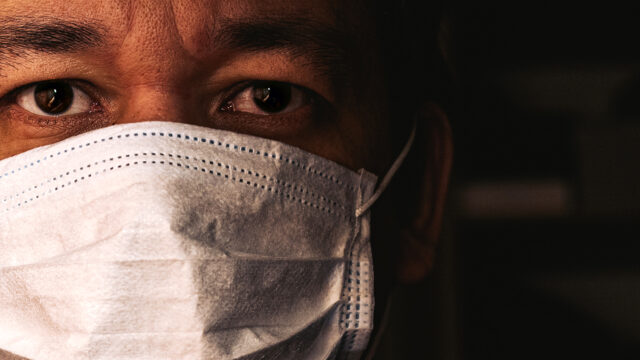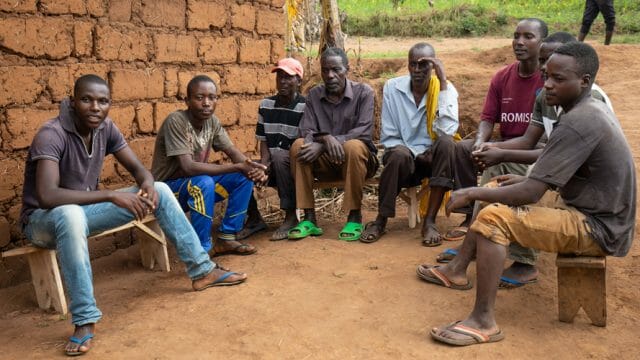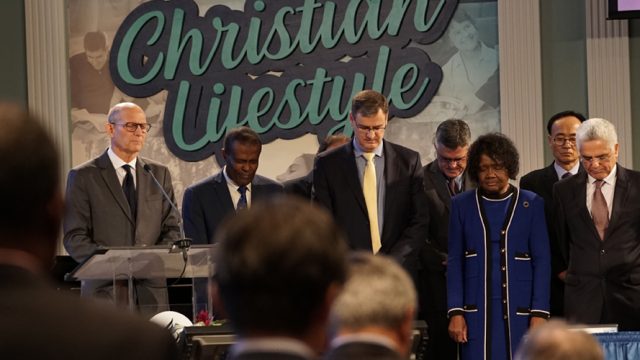Silence is not an option.

An Adventist pastor recently made comments about marriage and rape that resulted in his resignation. The following commentary is a response.—Editors
I don’t like controversy. I stay out of social media fights. But there are times when I think it’s not OK to be silent. As a wife, as a mother of three daughters, and as a Seventh-day Adventist Christian I must say that it’s not OK.
It’s not OK to mention marriage and rape in the same sentence as anything positive. It’s not OK to condone abuse in any of our churches. It’s not OK for others to have a wrong introduction to Seventh-day Adventism. It’s not OK to keep quiet to avoid embarrassment while God’s character of unselfish love and compassionate righteousness is perverted to reflect an ideology of force and abuse of the weak.
While I am upset and indignant, I know that this is trivial compared to the hurt and trauma for the many victims of abuse. While actions and reactions will probably continue to play out online and in print and possibly in places we haven’t even considered yet, I assume that this, too, will eventually blow over or be overwhelmed by some other horrific discovery becoming the next talking point.
But I don’t want to settle down to an “everything’s OK” state. I want to do more than voice my opinion or give my support in signing an online petition. I want to be part of a more far-reaching solution. While I hope that structures will be developed to help make my church a safe haven from abuse, I’m not going to wait. I am going to begin in my own local congregation.
I have always thought that my local church is a safe place. I assume a lot of other people think that too. The truth is there are most probably also hurting people in my local congregation that I am unaware of. I want to take this is as a wakeup call for me personally and for the church body that I belong to.
I need to find out what systems we have in place for reporting abuse in our local church. There are a lot of good resources available, and I want to consciously educate myself and learn how to actively support and help. I am going to find out what structures are in place to safeguard our children and our youth from abuse. Rather than treating abuse as something out there, I want my local church to regularly communicate what we believe—that abuse in any context is not OK. We must not assume but consciously create a climate in which our children, youth, and anyone else visiting our churches will know that it’s OK to speak up and that there will be no victim-blaming, but rather help and a path of healing together.
I want this moment to be a moment of change for me personally. I want to think before I act or react and develop a sensitivity and gentleness for those around me who may well be reacting to their hurt. I want to become a person that others can safely turn to.
I don’t like controversy. I stay out of social media fights. But today I need to do more.
Chantal J. Klingbeil is married to Gerald and the mother of three young-adult daughters. She currently serves as an associate director of the Ellen G. White Estate.








